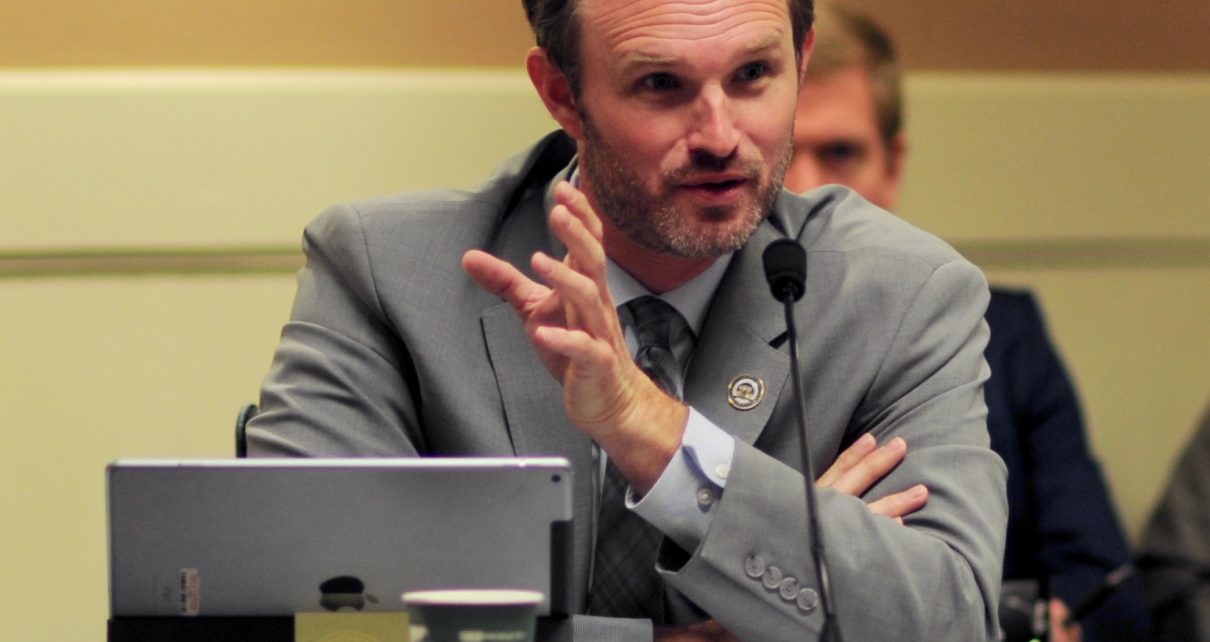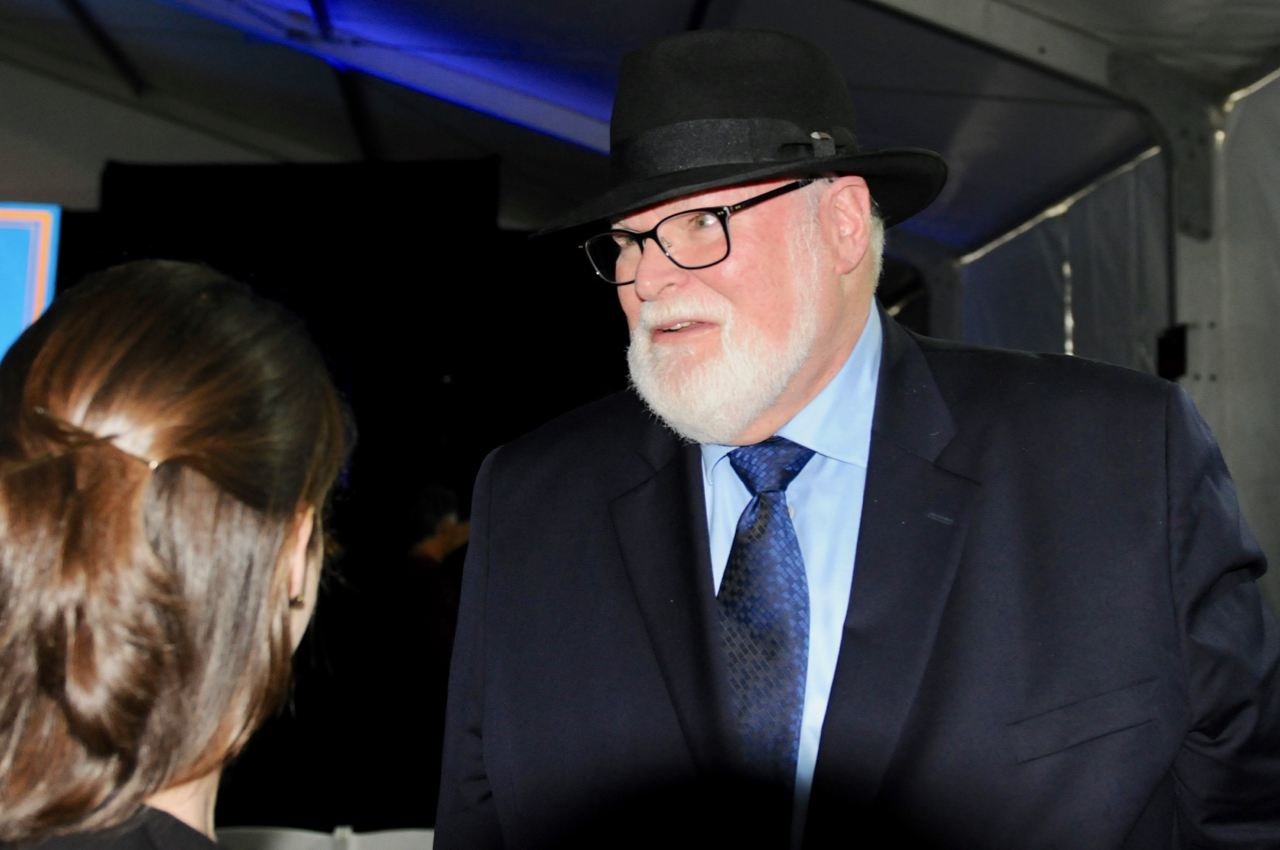
Assemblyman James Gallagher (Photo: Kevin Sanders for California Globe)
California State Senate Approves Bill To Lower the Age of Opening a Social Media Account
AB 1138 would set the legal social media account age to 13 and above unless they are given parental approval.
By Evan Symon, September 14, 2019 7:36 am
The minimum age that Californians are allowed to open a social media account will be changing from 16 to 13 if Assembly Bill 1138 is signed into law in the coming days.
AB 1138, which amends the 2018 Parent’s Accountability and Child Protection Act, will only allow a social media account on sites such as Facebook, Twitter, and Instagram for children at age 13 or below if the parent or guardian gives consent. For businesses to be punished, it will have to be proven that the business did know they were under the legal age at the time.
Assemblyman James Gallagher (R-Yuba City), who brought forth the bill, decided to bring this up to the Statehouse as there is worry over purchasing items and being advertised to through social media at such a young age. Assemblyman Gallagher also wanted a law to bring greater parental accountability for their children’s social media accounts.
Other supporters, such as Senator Sharon Grove (R-Bakersfield) gave their approval as a way to fight online predators.
“I was proud to support this bill by my colleague Assemblyman James Gallagher,” Senator Grove announced after the Senate vote.
“According to the Crimes Against Children Research Center, one in five teenagers who are regular internet users say they have received an unwanted sexual solicitation via the web and only 25 percent of them told an adult.
According to emarketer, 75 percent of children are willing to share personal information online about themselves and their family in exchange for goods and services.
We must protect our children from online predators and this bill is a necessary step.”
Many family and child safety groups have also supported the bill in the past months.
AB 1138 hasn’t enjoyed widespread support however. In May the bill actually failed to get enough votes in the Assembly because of the little it actually changed existing laws. It was also accused of unfairly punishing businesses if the user in question had lied about their age. Shortly thereafter language making it clear that businesses would have to be aware of the age. A parental consent age change from being 16 and younger to 13 and younger was also added to make the bill applicable to federal laws on social media. Those changes made it in shape for it to pass.
But even with the changes in May, there has still been a fair amount of opposition.
Social media sites have given quiet disapproval to the bill, while others, such as those for internet rights, have been quite vocal. Senator Scott Wiener (D-San Francisco), while speaking on the the floor of the Senate about AB 1138, brought up the issue of young members of the LGBT community having no place to ask for help or advice in adverse situations.
“This bill will result in more isolation of these kids,” said Senator Wiener. “For many of these youth, the only support that they have, the only way that they have to connect to their community, is through the internet. If passed, this can harm them.”
Following the 31-4 vote in the Senate on Thursday, the bill has gone on to the Governor. If signed into law, AB 1138 would come into effect no later than January 2021.
- Bill to Require Law Enforcement Disclosure if AI Was Used To Help Write Reports - August 7, 2025
- Gov. Newsom Files FOIA Request To ‘Expose True Cost’ Of L.A. Federal Troop Deployment for Anti-ICE Riots - August 6, 2025
- California Redistricting: How Newsom’s Plan Will Demolish Hard Fought GOP Gains - August 6, 2025




